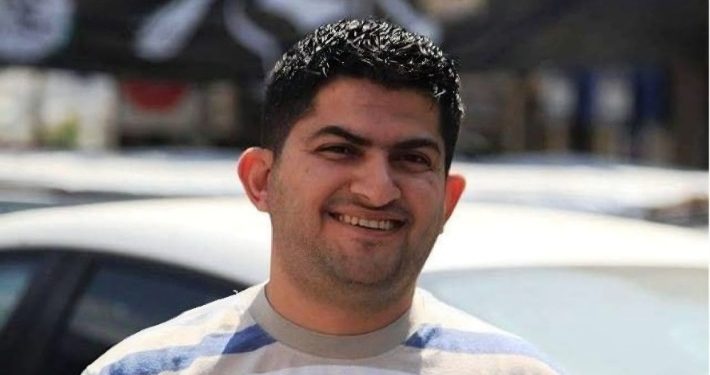Israeli military forces carried out a series of overnight raids across the Nablus governorate in the occupied West Bank, detaining twelve Palestinians, including a journalist, in what human rights observers are describing as a pattern of escalating suppression of civil liberties. Among those arrested was journalist Mujahid Bani Mufleh, whose detention underscores mounting concerns over systematic violations of press freedom in the occupied Palestinian territories.
According to local sources, Israeli troops stormed several towns including Beita, Zawata, Madama, and Asira al-Qibliya, forcibly entering homes and conducting searches before making arrests. In the village of Tel, a civilian identified as Mahmoud Abu Asida was also taken into custody. The arrest operations were reportedly carried out without the presentation of legal warrants, raising questions about adherence to basic judicial norms and due process.
The arrest of Mujahid Bani Mufleh, a working journalist, highlights a recurring trend of targeting media professionals in the region. The move is viewed as a direct assault on press freedoms and the right to report from areas affected by conflict. Under international legal frameworks, including Article 19 of the International Covenant on Civil and Political Rights, journalists are entitled to freedom of expression and the right to disseminate information without interference. Arbitrary arrests of media workers constitute a breach of these obligations.
This development follows a wider campaign against Palestinian journalists, many of whom have faced arrest, physical assault, or equipment confiscation in recent months. The targeting of media personnel has prompted warnings from press freedom advocates who argue that such actions are part of a broader strategy aimed at silencing Palestinian narratives and controlling the flow of information from occupied territories.
In the context of these raids, legal experts and rights groups have expressed concern over the absence of independent judicial oversight, noting that the lack of formal charges or access to legal representation for detainees further undermines the rule of law. The actions carried out by Israeli forces appear to contravene established principles of international humanitarian law and human rights law, which prohibit arbitrary detention and safeguard the rights of civilians under occupation.
As arrests intensify, the international community faces renewed calls to ensure accountability for violations against journalists and to uphold the fundamental rights of all individuals in conflict zones. The case of Mujahid Bani Mufleh serves as a stark reminder of the human cost of ongoing occupation and the increasing risks faced by those committed to bearing witness.


























